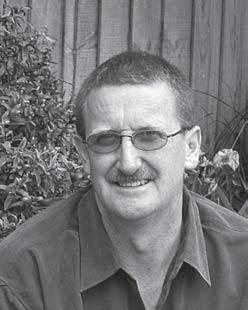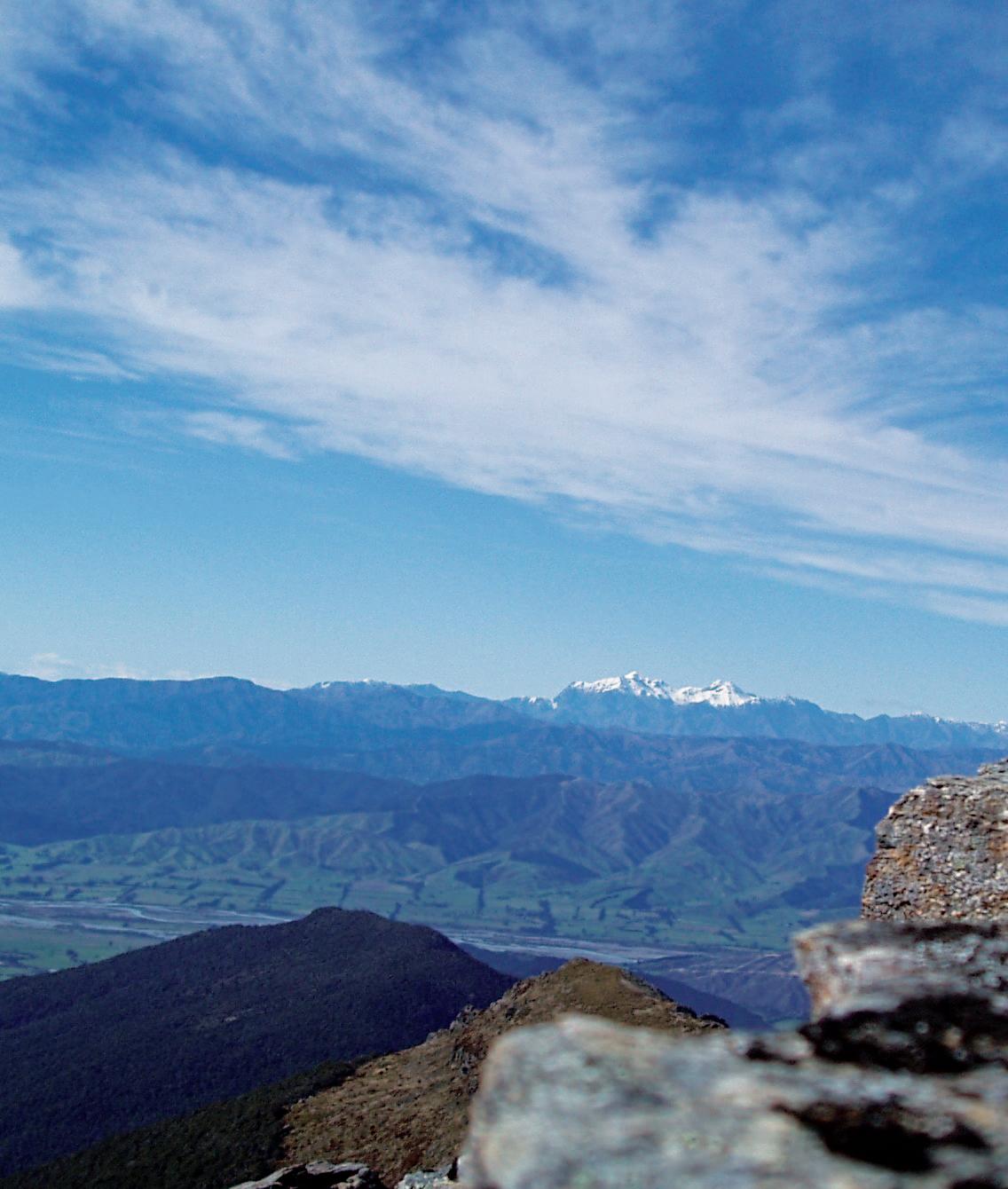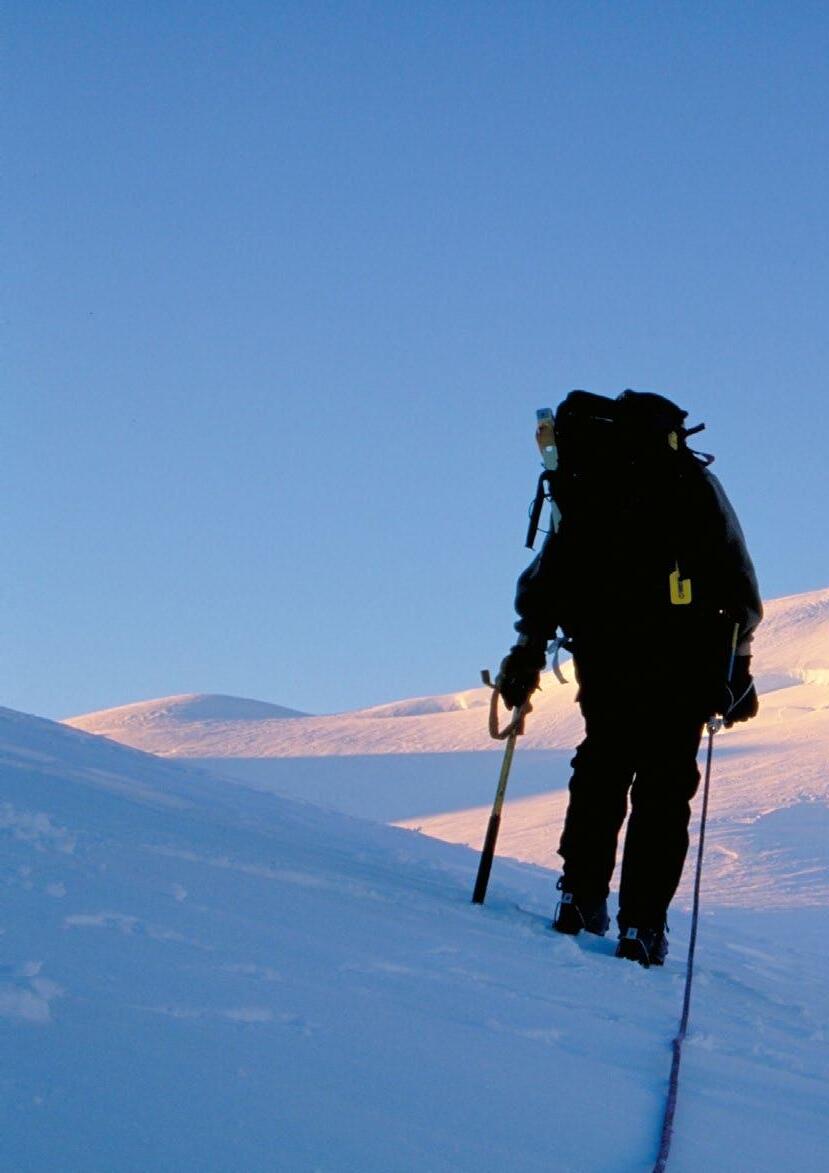







MSC’s mandate
Outdoor safety for land based outdoor activity extending from the high tide mark to the top of Aoraki Mount Cook.
MSC’s vision
People enjoying the New Zealand outdoors safely.
To achieve this, we will encourage people to participate safely, foster positive support for outdoor safety in the community and promote the development and maintenance of national outdoor safety standards.
Our audience includes the whole of society - all ages; those living in New Zealand; and, visitors to New Zealand. We will influence participants, leaders, and organisations in their decision making and behavior. We will do this through education, information and advisory services. This means people will have access to, and be actively using, information resources and appropriate education opportunities so they enjoy the New Zealand outdoors, safely.
At MSC, we believe:
1.Every person going into the New Zealand outdoor environment must take a major part of the responsibility for their own safety and welfare. Therefore, the role of MSC is to ensure people have access to and be actively using resources, information, and education opportunities.
2.When anyone takes a group of people into the outdoors, the organisation and leaders must accept a measure of safety responsibility for those in their care. Therefore, the role of MSC is to develop appropriate standards, qualifications and codes of practice for these leaders.
3.Organisations responsible for individuals, groups or leaders of groups going into the outdoors must accept a measure of safety responsibility for those participants and leaders in their care. Therefore, the role of MSC is to develop appropriate standards, qualifications and codes of practice for these organisations.
To achieve these aims, MSC will educate, inform and advise participants, leaders and organisations to enable
them to recognise risks. By doing so, they will develop the knowledge and skills to manage those risks to an acceptable level, encouraging people into the outdoors, safely. We will foster connected community support for safety in our outdoors to encourage participation and ensure safety knowledge and skills are available and shared amongst the community.
We will also enable, assist and support the ongoing development of outdoor safety good practice, and ensure such knowledge is readily available, promoted, disseminated, and applied through our education, information and advisory activity.
Every year literally millions of New Zealanders and international tourists enjoy the great New Zealand outdoors. The scenery is absolutely beautiful, the challenges are invigorating and the fresh air restorative.
However, inherent to these experiences are dangers that can turn discovery into tragedy. There are on average 714 search and rescue operations each year. Aside from the unequivocal value of life, there is a massive financial cost to society for every incident.
It is estimated that the average cost to New Zealand society resulting from death and injury of those persons recovered was $116 million or $162,993 per incident. (G Scott & Scott 2008a). We believe that every person educated, every incident prevented and every life saved is of vital importance to society and a validation of our work.
It is when our ability to educate, inspire and influence is constrained that the costs start to mount. In short, one life saved in the outdoors is worth more to society than the entire operational budget of the Mountain Safety Council.
Our key measure of success is a reduction in incident rate and this will be achieved through the combined outcomes of increasing participation and reducing incidents.
Our success will mean there are more people in the New Zealand outdoors, more often, safely.



ross meder

It is fair to say that business over the last year has been a little difficult, given the economic constraints we have all endured. As with other organizations we have had to make changes to the way we have operated, and some of these changes have created some anxiety for staff, volunteers, and the outdoor community in general.
We saw the adoption of the 2008-09 Business Plan at the AGM held last September. This was based around an expected funding level, using both historical models and forward projections.
The content of that business plan was well conceived and achievable at that time. What was to follow would have a detrimental effect on the work that was planned. The economic climate we found ourselves in, limited the business of MSC.
This has served to highlight a number of key issues to the Executive, and we have been forced to look at alternatives for long term sustainability. It is clear that we need to establish a funding model that avoids our heavy reliance on grants and trusts money. We need to consider the range or type of activity we are involved in, until these alternatives are found.
In the last year our programme delivery has been constrained, however we have worked hard to minimise the impact this has had on the community. Support at Branch level for administrative and promotional functions has been maintained, and a number of branches have developed alternatives to the way they have traditionally funded their activity. Community money has been used in the community to support public good opportunities. Support for the work being done by other organisations in the community has occurred where funds are available.
Where to from here? In order to better meet the needs of the community, we need first to understand it. We need to find ways to measure success, and report positively on the education of outdoor users. We need to be more inclusive and considerate of kindred organisations, so that we are not competing or duplicating resources. We need to develop stronger links with similar organizations. We need to be innovative in the way we deliver training and promotion, and we need to be more sector focussed. Planning for a sustainable future is fundamental.
There are good examples of positive work and success. There has been some progress made on working towards one sector wide qualification stream. Examples of collaborative projects are seen with Police and NZDA to deliver the HUNTs programme. We have formed good relationships with other agencies in areas such as the DoC Visitor Stategy. The National Incident Database is now used as the basis of safety messaging, and will be more useful as input increases.
As a result of some recent accidents within the sector, there will be inevitable changes to key safety practices. Standards will be developed to ensure that out of these tragedies, opportunities to enhance safety are found. MSC could easily become the vehicle to promote this refined outdoor safety message.
A big thank you to all the people that have contributed to the work of Council over the last year, and also appreciation for the level of support given by each of our funders, to enable the good work to go on.

Ross Meder Chairman of Council.

The end of the financial year provides a good opportunity to reflect on what was an interesting, challenging and rewarding year. Our business plan stated that our key areas of focus included:
Securing adequate long term funding – we made limited progress as our previous funding sources were severely impacted from the economic recession and the implications this has had across New Zealand at a local regional and national community level
Ensuring the New Zealand Mountain Safety Council’s national infrastructure, including our Branch and volunteer network, is robust, healthy and sustainable – limited progress was achieved as limited funding restricted our ability to support our national network to an appropriate level. However, we made significant progress in aligning our network with the major national youth organisations to meet their leader development needs
Fostering aligned and supportive relationships across the outdoor recreation sector – significant progress was made as we worked collaboratively with Council members and sector organisations on a number of projects e.g. visitor risk management on public lands
Establishing closer relationships with relevant government departments and leveraging from common goals – we continued to make great progress here working with NZ Police and the firearms safety programme, ACC and the snow safety programme and the NID, DoC and visitor risk management including the visitor intentions system
Establishing an evaluation programme to provide evidence of our success, accountability to funders, and opportunities for improvement – we continued to develop and further implement the Council’s evaluation process
Youth and tourism – significant progress was made in developing leader resources and pathways for national youth organisations and developing collaborative messages for communicating the outdoor safety message to tourists and tourism providers
Better serving the needs of the MSC Council (as a collective membership) – solid progress was achieved and was best demonstrated in the collaborative engagement
and strategic consultation that occurred in the special Council meeting in April.
In summary, we made good progress with sector and Council engagement. We have good support here; our mandate is known, secure and needed.
We made limited progress with Branch and volunteer network engagement. This will continue to be an area of focus for the coming year particularly in supporting MSC instructor development to meet known local and regional community needs and as we continue to deliver leader development for national youth organisations.
We made limited progress with securing sustained funding that has prevented delivery of work of Council. This remains a perennial issue for the Council and with the current economic reality will require MSC to secure funding from within Council membership and our key sector partners if we are going to be able to continue to deliver our mandate and the expectations placed on us by our members, stakeholders and communities. This is our biggest risk going into the next financial year.
The long term success of the New Zealand Mountain Safety Council relies upon the commitment of our member organisations, our staff, our volunteers, our sponsors and other key partners. We are extremely fortunate in this regard. We are supported by a passionate network of people that are driven to deliver great outcomes for those participating in New Zealand’s outdoors. I would like to thank all those involved in the Councils work for their valued contribution.
Throughout the year we have collaboratively delivered our mandate of outdoor safety for land based outdoor activity. We explored how we can better enable people to enjoy the New Zealand outdoors, safely and we are now better able to measure our effectiveness in this. I look forward to the coming year with all the potential and challenges that will bring as we work together to see more people in the New Zealand outdoors more often, safely.

Darryl Carpenter - CEO of MSC


Formed in 1965
Over 1,100 volunteer instructors and 1,500 volunteers overall in 2008-09
20 member organisations
29 branches nationwide
8,600 individuals attended MSC courses (excluding firearms safety training)
14,300 hours of MSC activities and courses
26,000 hours of instructor time were given


NOTES TO THE SUMMARY FINANCIAL STATEMENTS for the Year Ended 30 June 2009
1. Basis of preparation of the Summary Financial Statements
The summary financial statements for the New Zealand Mountain Safety Council (“Council”) have been prepared in accordance with Financial Reporting Standard FRS-43: Summary Financial Statements.
The information contained in the summary financial statements has been extracted from the full financial statements authorised for issue by the Executive Committee on 9 September 2009. The summary financial statements cannot be expected to provide and do not provide as complete an understanding as provided by the full financial statements. A copy of the full financial statements can be obtained by contacting the Council.
“The full financial statements have been prepared in accordance with Generally Accepted Accounting Practice in New Zealand. A full description of the accounting policies adopted by the Council is provided in the full financial statements.
The full financial statements have been audited and a qualified opinion has been expressed in respect of the Council”
The presentation currency is New Zealand Dollars (NZ$) Branch Income and Expenditure
Branch income and expenditure has been netted and is included in Other Income.
These summary financials are authorised for issue by the Executive Committee on 10 September 2009


Council Members
Chair
Ross Meder *
Deputy Chair
Judy Reid *
ACC
Simon Gianotti
Boys Brigade of New Zealand
Joe Fecteau
Department of Conservation
Mike Davies
Department of Labour
Sue Graham
Education Outdoors
Allen Hill *
Federated Mountain Clubs
Rob Mitchell
LandSar
Dave Comber
New Zealand Deerstalkers Association
Trevor Dyke
New Zealand Mountain Guides Association
Jamie Robertson
New Zealand Police
Inspector Joe Green *
NZ Alpine Club
Ollie Cifton
NZ Defence Force
Captain Lynch
NZ Outdoors Instructors Association
Steve Milgate *
NZ Shooting Federation
Ernie Hagger
NZ Snowsports Council
Miles Davidson
NZ Sports industry Association
Dean Eager
Search and Rescue Institute of New Zealand
David Shearer
The Young New Zealander’s Challenge/ Duke of Edinburgh Awards
Kevin Plant
Tourism Industry Association NZ
Geoff Ensor
4 Youth/Scouting New Zealand
Tony Hickmore
Committee Conveners
Alpine Convener
Jamie Robertson
Bushcraft Convener
Noel Bigwood
Education Convener
Allen Hill *
HUNTS Convener
Inspector Joe Green *
Research Convener
Mike Boyes
Risk Management Convener
Garth Gulley
Snow & Avalanche Convener
Hamish McCrostie
Regional Representatives
Region 1 Murray Douglas *
Region 2 Anja Morris
Region 3 Noel Bigwood
Region 4 Ben Luders
Region 5 vacant
Region 6 Ross Meder *
Region 7 Colin McGillivray
Cadet Forces LTCDR Brian Stokes
* On the Executive Committee (chaired by Ross Meder)
National Office Staff
Darryl Carpenter
Chief Executive
Richard Brodie
Business Manager
Annie Dignan
Programme Manager, Research and Evaluation
Bede Eagle
Marketing and Communications
Bill O’Leary
Programme Manager Firearms, Hunts co-ordinator
Chris Tews
Programme Manager
Outdoor Leader, Bush
Jane Heodemaeckers
Branch Network Manager
Mike Spray
Programme Manager Firearms, HUNTS
Paul Chaplow
Programme Manager Abseil, OFA, Risk Management
Steve Schreiber
Sr. Programme Manager
Avalanche, Alpine and Snowsports
Alex Cordier
Finance Officer
Dwayne Brown
IT Specialist
Jill Knight
Training & Assessment
Administrator
Lindsey Pickering
Resources Manager
Maggie Forest
Administration


Mountain Safety House, 19 Tory Street, PO Box 6027, Wellington 6141 p: 04 385 7162 e: info@mountainsafety.org.nz
www.mountainsafety.org.nz www.avalanche.net.nz www.incidentreport.org.nz

